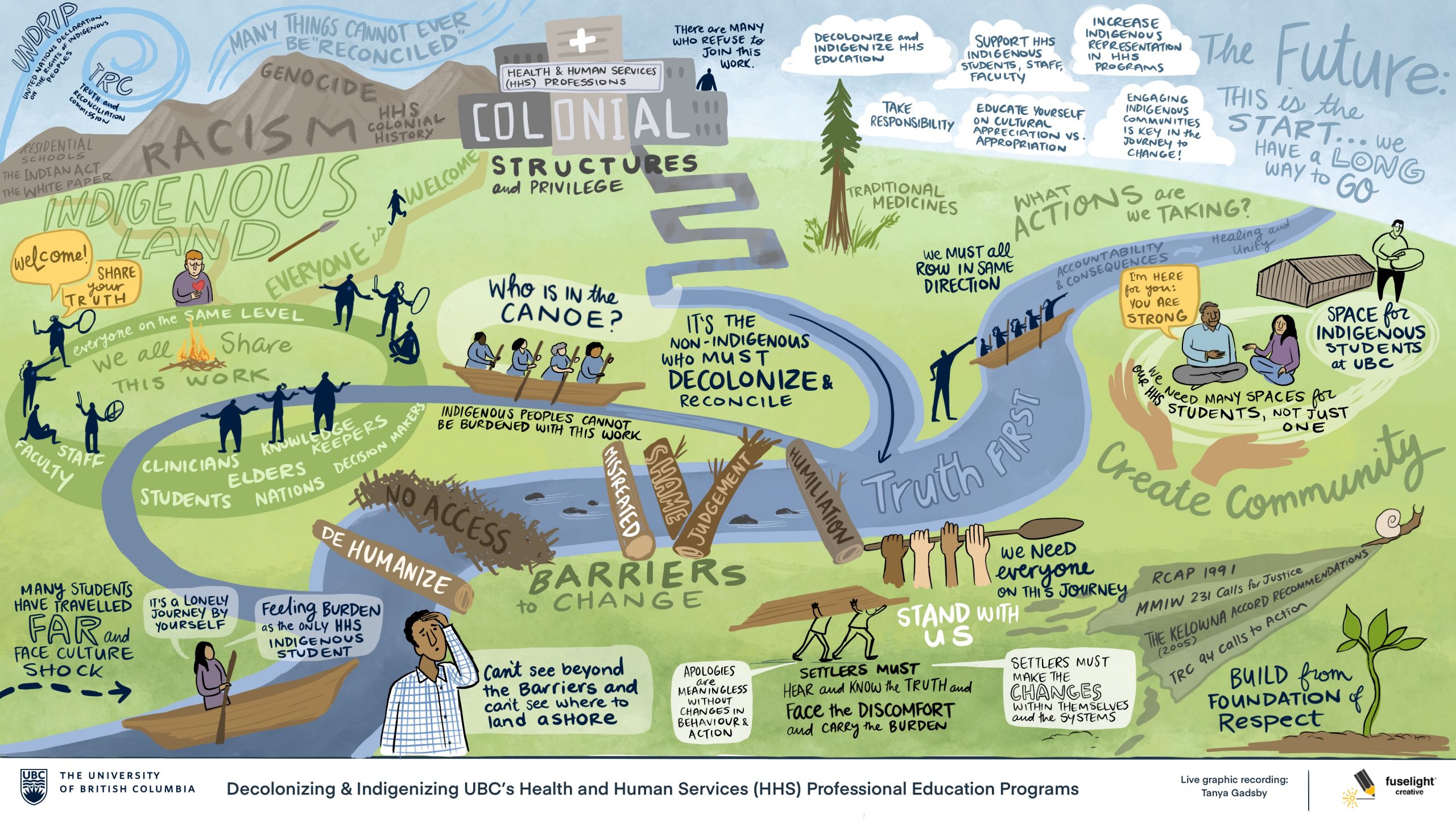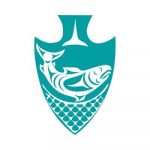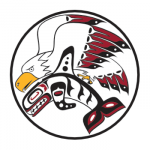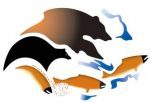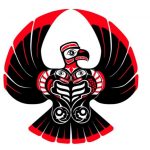Circles of Learning and Change Community of Practice
UBC-V Land Acknowledgement | UBC-O Land Acknowledgement
Interactive First People’s Map of B.C
About the Project
(Clicking the images above will take you to each nation's webpage.)
This initiative is overseen by two Indigenous advisory groups. The Indigenous Health Leaders Advisory Group (ILHAG) consists of health directors from the four host nations where UBC Health Programs are administered These are xʷməθkʷəy̓əm (Musqueam, Vancouver), Lək̓ʷəŋən (Esquimalt and Songhees, Victoria), Syilx Okanagan Nation Alliance (Okanagan), and Lheidli T'enneh (Prince George). The Knowledge Keepers and Elders Advisory (KKEA) consists of Knowledge Keepers from the four host nations as well as from Métis and Inuit communities.
There are four main objectives of this initiative. These objectives overlap and inform one another.
1. Community Partnerships and Accountability
We will build connections with Elders, Knowledge Keepers, and health directors from each of the four host Nations where UBC HPEPs are administered. These are: xʷməθkʷəy̓əm (Musqueam, Vancouver), Syilx’s Okanagan Nation Alliance (Okanagan), Lək̓ʷəŋən (Esquimalt and Songhees, Victoria) and Lheidli T'enneh (Prince George). We will also build connections with Métis and Inuit Knowledge Keepers or Elders. From these connections, we will establish two advisory bodies: Indigenous Health Leaders Advisory Group (IHLAG); and Knowledge Keepers and Elders Advisory (KKEA). We will seek their guidance on the various aspects of our project and most importantly, how it can be made relevant and useful to these Nations and communities. Having two parallel Indigenous advising bodies will ensure our project is informed by diverse traditional and formal governmental perspectives.
2. Mapping Current Practices and Efforts
We will conduct an Environmental Scan of current efforts to address the TRC calls to action and the UBC ISP in the eighteen HPEPs at UBC. We will gather the information from two sources: Program web pages, and interviews with leaders in these programs. Additionally, we will scan strategies created in similar programs across Canada as well as practices suggested by Indigenous scholarship. Finally, through series of Sharing Circles for Indigenous Clinicians, facilitated by Indigenous team members, we will further understand barriers to and supports for entering and maintaining Health Professions.
3. Interdisciplinary Learning and Sharing Circles
These 3-hour circles will be hosted by Indigenous Elders and facilitated by our initiative team members. They are a collaborative gathering for Indigenous and non-Indigenous students, staff and faculty from eight HPEPs. These Circles will focus on learning, knowledge-sharing and the implementation of efforts as mandated by the UBC ISP. We will evaluate the success of our Circles through pre-and post-surveys and a focus group with participants.
Participants in the circles include Indigenous Elders and community members, initiative team members as well as students, staff and faculty from UBC Health Professional Programs. The represented programs include Dentistry and Dental Hygiene; Medicine; Midwifery; Nursing; Occupational Science and Occupational Therapy; Pharmacy; and Social Work.
Sharing Circle Event Timeline
(Click the image below to view the full size)
4. Reporting Back and Knowledge Sharing
We will seek to analyze the gathered data and generate a report on the findings. All data collected and works from this data will be shared with participants whom provided it to ensure their perspectives and thoughts are appropriately represented and the information provided is being used in the way it was originally intended by the participants. We will follow the Tri-Council Policy Statement (TCPS) regarding Ethical Conduct for Research Involving Humans, and more specifically, Chapter 9 speaking to “Research Involving the First Nations, Inuit and Métis Peoples of Canada”, in addition to the “Ownership, Control, Accessing and Possession (OCAP)” principles ensuring that Indigenous peoples have control over data collection processes, and that they own and control how this information can be used. We will share the first draft of these reports with participants, health directors from host Nations, the Indigenous Knowledge Keepers and Elders Advisory (KKEA), relevant communities and stakeholders for further feedback, scrutiny and direction. Following approval from participants, health directors/managers and the KKEA, the research team may produce academic work to communicate with wider audiences.
Operative Core Team
- Elder Doris Fox - xʷməθkʷəy̓əm (Musqueam, Vancouver)
- Tal Jarus, PhD, OT Professor, Department of Occupational Science & Occupational Therapy, Principal Investigator.
- Derek Thompson (Thlaapkiituup), Indigenous Initiatives Advisor, the Faculty of Medicine Office of Respectful Environments, Equity, Diversity & Inclusion (REDI) (diitiidʔaaʔtx̣ – Ditidaht First Nation)
- Cheryl Aman, PhD, Centre for Indigenous Health, Faculty of Medicine, Project Co-ordinator
- Hannah Doyle, Project Assistant, Faculty of Science
- Inbar Av-Shalom, Project Assistant, Faculty of Arts
- Miles Schaffrick, Volunteer Project Assistant
- Teah Bryce, Volunteer Project Assistant, Faculty of Science
- Justin Turner, Project Assistant, PhD student, Rehab Sciences program, Faculty of Medicine (Métis Nation of BC)
- Samantha (Sam) Medley, BSW Social Work Student, (the Métis Nation of Alberta, region 3, with Cree Ancestry)
Elders and Knowledge Keepers advisory group
- Elder Doris Fox - xʷməθkʷəy̓əm (Musqueam, Vancouver).
- Elder Grouse Barnes - Sylix, (Okanagan Nation)
- Pamela Barnes - Sylix, (Okanagan Nation)
- Marcel Gagnon - Lheidli Tenneh, (Prince George)
- Lou Demerais – Metis
Indigenous Health Leaders Advisory Group
- Jennifer Lewis - Syilx’s Okanagan Nation Alliance (Okanagan)
- Jessie Jim - Lək"ʷəŋən (Equimalt and Songhees, Victoria)
- Tamara Seymour - Lheidli T'enneh (Prince George)
- Coreen Paul - - xʷməθkʷəy̓əm (Musqueam, Vancouver)
Winter 2020-21
- Madeline Elder, Project Assistant, Faculty of Science (Tsimshian).
- Hali McLennan, BSW, Project Assistant, Graduate Student, School of Social Work (Cree-Métis).
Summer 2020
- Elisabeth Gross, Masters, Department of Occupational Science & Occupational Therapy Work-Learn Student.
Co-Applicants - Faculty of Medicine Strategic Investment Fund (SIF) and Teaching and Learning Enhancement Fund (TLEF)
- Simon Albon (Pharmacy)
- James Andrew,(Medicine, Indigenous Learner Initiatives Manager), (Lil’wat Nation)
- Helen Brown (Nursing)
- Katie Bunting (Occupational Therapy)
- Allison Campbell (Midwifery)
- Leeann Donnelly (Dentistry)
- Cheryl Holmes (Medicine)
- Ashley Lessard (Master Public, BDSc), (Klahoos First Nation)
- Marie Nightbird (Social Work) (Saulteaux, Sioux and Ukrainian ancestry)
- Ashley Quinn PhD, Assistant Professor, School of Social Work, (Anishinaabe, Ojibway)
The Decolonizing and Indigenizing UBC’s Health Profession Education Programs (HPEPs) Initiative is supported with funding from the UBC Faculty of Pharmaceutical Sciences, funding from the UBC Faculty of Medicine Strategic Investment Fund (SIF) and funding from the Teaching and Learning Enhancement Fund (TLEF).
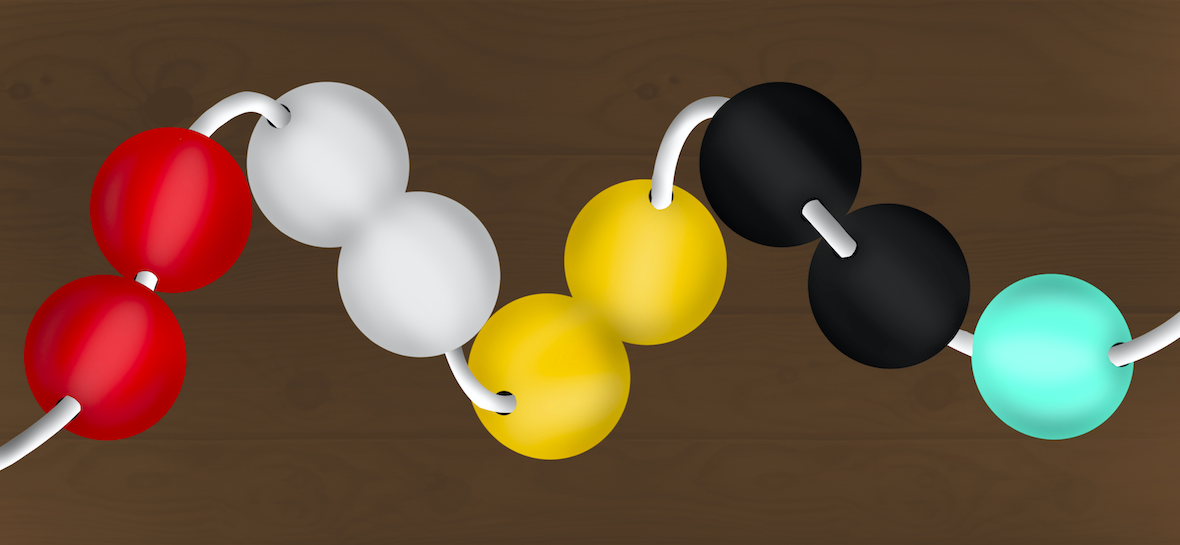
Click here to read more about this artwork.
Latest Circle Event Resources
Participants may access the notes and other collaborative documents created in the circles here.
Pre-Readings and Activities
- [Optional] CTLT Positionality & Intersectionality
- [Optional] Review the "Impactful Resources" database at the bottom of this page.
Presentation Materials
- Decolonization and Indigenization Art Work
- Participants may access the notes and other collaborative documents created in the circles here.
Pre-Readings and Activities
- Please come prepared to discuss the recruitment of Indigenous students, staff, and faculty in your UBC Health Program.
- [Optional] Review these materials on the topic of recruitment:
- Conceptualizing the role of a strategist for outreach and Indigenous engagement to lead recruitment and retention of Indigenous students
- Taking Action for First Nations Post-Secondary Education - Access, Opportunity and Outcomes
- Identity & post-secondary: a First Nations experience: Amy Smoke - TEDxKitchenerED
- [Optional] Review the "Impactful Resources" database at the bottom of this page.
Presentation Materials
- Participants may access the notes and other collaborative documents created in the circles here.
Pre-Readings and Activities
- Please come prepared to discuss the support of Indigenous students, staff, and faculty in your UBC Health Program.
- The 4Rs of Supporting Indigenous Students
- Pidgeon (2008) Indigenous Theorizing of Success and Retention
- Indigenous Ally Toolkit
- Leaving Behind the Rhetoric of Allyship
- The Limits of Reconciliation (pg. 142-143)
- Indigenous Researcher Puts Allyship under the Microscope
- [Optional] From Adversaries to Allies
- [Optional] Allyship - The Anti Oppression Network
- [Optional] Review the "Impactful Resources" database at the bottom of this page.
Presentation Materials
- Participants may access the notes and other collaborative documents created in the circles here.
- Participants may access the notes and other collaborative documents created in the circles here.
Pre-Readings and Activities
- Please come prepared to reflect on the learning experience throughout the circles, and discuss the next steps for your program.
- Special Note: Portions of this circle will be recorded for evaluative and report writing purposes.
- The details of the recording and options for participation without being recorded will be communicated to participants the week before the circle.
- To get more information or ask questions about this process please contact Tal at tal.jarus@ubc.ca
- [Optional] Review pre-readings or presentation slides from previous circles.
- [Optional] Review the notes and other collaborative documents created in the circles here.
Community of Practice
- [to be updated]
- [to be updated]
Impactful Resources
A developing database of resources shared by our team members, participants and community advisors.
- An Innovative Clinical Placement in a First Nations Community
- Building a relationship: Perspectives from one First Nations community
- “An altogether different approach”: Roles of Speech-language Pathologists in supporting Indigenous children’s language development
- Working With Aboriginal Children and Families: Cultural Responsiveness and Beyond
- First Nations Elders' and parents' views on supporting their children's language development
- Addressing Indigenous Children’s Language Development & Assessment
- A resource kit: to assist speech-language pathologists and audiologists in providing informed services to first nations, Inuit, and Metis people
- Speech-Language Pathology and Audiology Services for First Nations Position Statement
- Course Development at The University of British Columbia Concerning Audiology and Speech-Language Pathology for People of First Nations, Métis and Inuit Heritage
- Decolonizing Speech-Language Pathology Practice in Acquired Neurogenic Disorders
- In Plain Sight - Summary Report
- Canadian Indigenous Women's Perspectives of Maternal Health and Health Care Services
- Understanding the Factors influencing the Aboriginal Health Care Experience
- First Peoples, Second Class Treatment - The Role of Racism in Health
- Health and Healthcare Implications of Systemic Racism Fact Sheet
- Ignored to Death - Systemic Racism in the Canadian Healthcare System
- Social Determinants of Health and Future Well-Being of Aboriginal Children in Canada
- Stories of Pediatric Rehabilitation Practitioners within Indigenous Communities - A Guide to Becoming Culturally Safer
- Creating a Future of Our Own Design: The International Indigenous HealthFusion Team Challenge as a Promising Practice to Support Indigenous Students in Health Fields
- CanMEDS - Family Medicine, Indigenous Health Supplement
- First Nations, Inuit, Métis Health Core Competencies (IPAC - AFMC)
- Joint Commitment to Action on Indigenous Health (AFMC 2019)
- How Medical Schools Can Indigenize Their Programs
- The tools at their fingertips. How settler colonial geographies shape medical educators’ strategies for grappling with Anti-Indigenous racism
- Understanding Race and Racism in Nursing Insights from Aboriginal Nurses
- Evaluation of the Aboriginal Relationship among a sample of Indigenous Services Canada Nurses
- Discourses Influencing Nurses Perceptions of First Nations Patients
- The Decolonization of Nursing Education
- Embodied Indigenous knowledges protecting and privileging Indigenous peoples’ ways of knowing, being and doing in undergraduate nursing education
- ‘With my heart and eyes open’ Nursing students′ reflections on placements in Australian, urban Aboriginal organisations
- Decolonization is for Everyone – Nikki Sanchez TEDxSFU
- What Systemic Racism in Canada looks like – CBC News
- I Can’t Hold Space for You Anymore: A Self Examination Exercise
- Pulling Together Guides for Indigenizing Post Secondary Education
- Rethinking the Practice and Performance of Indigenous Land Acknowledgement
Other Resources
